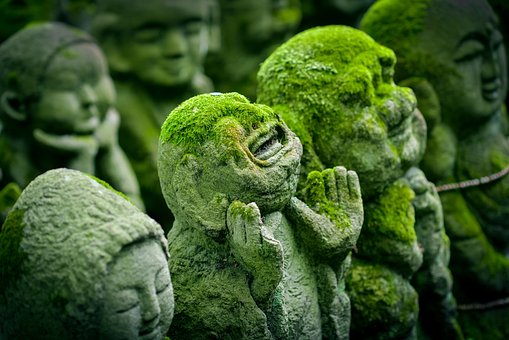The Casa de la Poesía Juan de la Cruz, a forum created to fully enjoy and share quality poetry in which some or a lot of spirituality shines, hosted this Tuesday the presentation of the book Herbario & Botanical Anthology, a selection of poems by Emily Dickinson translated again for the occasion and accompanied by the herbarium made by the American poet almost two centuries ago.
Marcos Almendros, editor of the book (from the Ya lo dijo Casimiro Parker editorial), recalled that the poems that confirm this book had already “been published previously, but we now offer a new translation, in a book that provides the great discovery of the herbarium and the vision of relating Emily Dickinson to the vital part of botany, since she was more linked to austerity, retirement, even death, but nevertheless she was a person who was very close to nature and very connected with plants.
Offering the poems accompanying “this herbarium that is the first time it has been published in the whole world,” he added, “is a novelty that greatly enriches what are merely the verses, because what is done is to give a new perspective of the link that Emily had with nature, since they are all poems related to botany, to plants, and it is a very interesting perspective ».
The translation that Eva Gallud has made of these poems, Almendros continued, “is stupendous, she is a woman specialized in the life and work of Emily Dickinson, and that has helped make the translation she has done very accurate. That is to say, that this new translation contributes something more than those that already existed; all of her poetry hides secrets from her author’s life, and you have to know in depth not only the language but also botany and the intense relationship that Emily Dickinson had with her. Not only do you have to know the language well, if you also know the life of the person you are translating for, it is easier to get to the bottom of her poetry, and this is the case; In addition, Eva Gallud is also, like Emily Dickinson, a lover of nature and botany, and a specialist in the poet, and it is a success that her translation was done by her ».
Presenting the book at the University of Mysticism, the editor concluded, “makes a lot of sense, because she had decided to live outside the big cities and that gave her a very large inner world and her life and work have a certain parallelism with the spirituality, deep down what underlies it is a spirituality closely linked to nature».
selection. Eva Gallud explained that what the book included was “a new translation of a selection of poems focused on botany, made from all of Dickinson’s work” and taking into account his direct relationship with plants.
These poems “have a certain spirituality, like all of Emily’s poetry,” and for this reason, he agreed with his publisher, “I think it is appropriate to present it at the University of Mysticism, because Dickinson contemplates the poetic act through the senses to reach a knowledge of the spiritual and achieve a union with creation.
The translation, Eva Gallud explained, “I have done by getting into the life and work of the poet, which I believe is the task of the translator, to put yourself in the shoes of the person you translate”, and from her hand “the The reader is going to find a poetry that is offered as a walk through the countryside; there are simpler, more complicated poems, and in them different colors, different aromas and different themes are distributed, although at first they are all inspired by botany, a flower, or a moment of the seasons». It is, in essence, “a good way to enjoy good poetry, because if Emily Dickinson is universally recognized as a poet, it is for something, for the quality that she has and also for her depth.”
“Emily Dickinson’s poetry is offered as a walk in the country”

